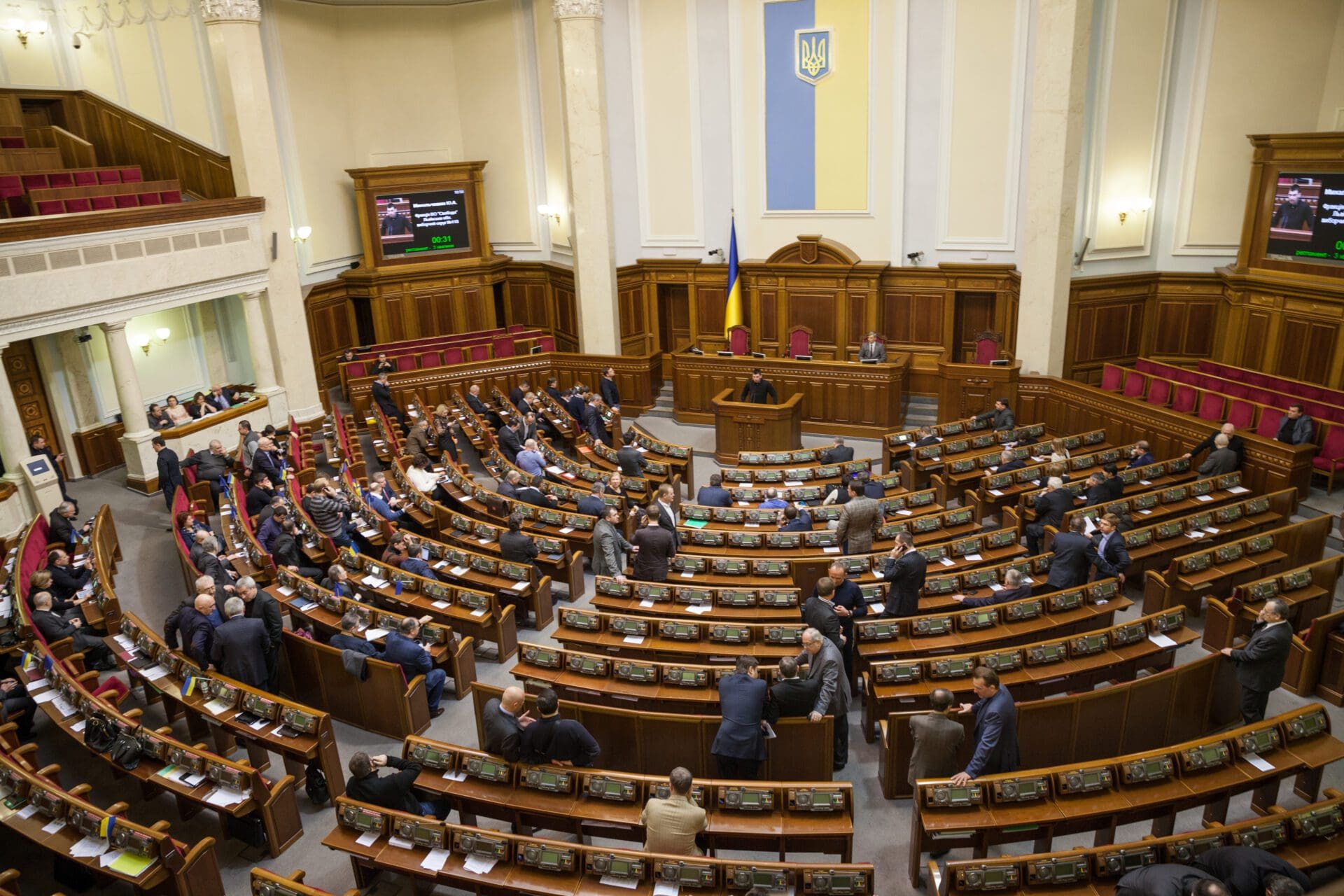Ukraine has recently introduced a piece of controversial new legislation that regulates minority rights in the country. According to the law, any Ukrainian citizen belonging to a national minority (or community) has the right to self-identification, the right to use the language of the national minority, access education in the language of the national minority and preserve the cultural identity of the national community. The legislation will enter into force within six months.
While at first sight the new law seems to be in line with European norms, it in fact has considerable shortcomings. It not only fails to protect and guarantee the free use of national symbols, but also reduces the right to use ethnic minority languages to a mere ‘individual right’, failing to extend it (and introduce institutional protections of it) to a collective right of national minorities that would guarantee they can use their mother tongue in public administration and education.
The new law on minorities was adopted in December, essentially to comply with a European Union’s requirement that is a precondition to starting negotiations on Ukraine’s EU accession.
Kyiv clearly wanted to check a box with the legislation rather than genuinely attempt to improve the situation
of the national minorities living in Ukraine. This was demonstrated by the Ukrainian government’s unwillingness to listen to the recommendations of Ukraine’s minority communities when drafting the law.
The representatives of the Ukrainian Hungarian minority strongly criticized the legislation immediately after its adoption. President of the Transcarpathian Hungarian Cultural Association László Brenzovics highlighted that the legislation leaves intact previous laws that rolled back minority rights in Ukraine. As the Ukrainian constitution prohibits the narrowing of existing rights, Brenzovics argues, the new legislation is unconstitutional. According to Brenzovics, ‘If we say that the previous laws had ensured education in the mother tongue from kindergarten to university, then this law does not ensure it. Similarly, it also approves the extraordinary restrictions on the use of the language that were introduced by the Ukrainian Language Act.’
The new law is indeed a sticking plaster solution to Ukraine’s minority problem.
Unless there is a genuine willingness on the part of the Ukrainian establishment to enter a meaningful dialogue with Ukrainian minority groups about their rights, it is unlikely that legislation that truly meets the expectations of EU member states directly affected (such as Hungary and Romania) will be passed.
As the legislation does not give institutional guarantees to the indigenous Hungarian minority in Ukraine regarding the preservation of their mother tongue, and it also fails to protect national symbols, the legislation has received criticism in Hungary. The new law has been denounced by Romania as well. The Romanian Ministry of Foreign Affairs expressed its disappointment with Ukraine’s decision to adopt a ‘flawed minority law that allows the restrictions of rights and ignores the needs of national communities living in the country.’ Bucharest believes that Kyiv failed to comply with the Venice Commission’s recommendations, in particular because the law does not lift the restrictions on minority language education that were introduced by previous Ukrainian legislation. Romania also took offence with the lack of willingness to conduct a dialogue with the representatives of the Romanian minority in Ukraine before adopting the new legislation.
The previous two Ukrainian laws affecting the language use of national minorities, the 2018 Education Act and the 2019 Language Act, were heavily criticised by all of Ukraine’s neighbours as well as by human rights watchdogs such as the Venice Commission.
The 2018 law established a Ukrainian-only education beyond the primary school level,
depriving minority groups of access to secondary and tertiary education in their own languages. (In 2015, Ukraine had 621 Russian-language, 78 Romanian-language, 68 Hungarian-language and 5 Polish-language schools). After limiting the use of minority languages in education, the 2019 law that established Ukrainian as the state language further restricted the use of minority languages in the public sphere. These two laws were criticized by the Hungarian and Romanian governments, even though some extra privileges were granted in them to minority languages that are official EU languages, as opposed to those that are not, namely Russian, Belorussian and Yiddish.
The close attention Hungary and Romania are paying to minority legislation in Ukraine is unsurprising given the large number of ethnic Hungarians and Romanians living in Ukraine. The largest minority group in Ukraine is the Russian minority that makes up around 17 to 18 per cent of the country’s population. Else than the Russian minority, there is a Belorussian, Moldovan, Romanian and Hungarian minority as well in Ukraine. The 150,000 strong Hungarian minority is the third largest minority community in Ukraine. Most Ukrainian Hungarians live in the Western Zakarpattia Oblast, bordering Hungary, while the similarly sizeable Romanian minority mainly lives in the Western Ukrainian Chernivtsi Oblast.








